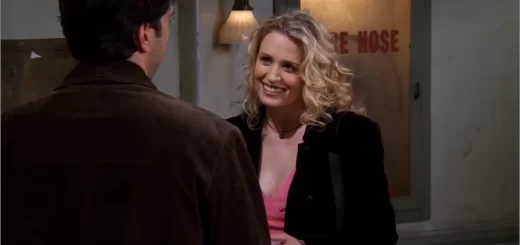The Sparks Brothers: Beat the Clock, by David Bax

There are so, so many documentaries about musicians out there that I’ve taken to establishing a benchmark that almost none of them can hit. Is the movie more edifying/enlightening/rewarding/etc. than spending a commensurate amount of time just listening to the subject’s music? The answer is almost always no; the last one I remember passing the test was A.J. Eaton’s 2019 David Crosby: Remember My Name, which actually found the space and the patience to let Crosby reveal more about himself–whether he intended to or not–than you could gather from his songs. Edgar Wright’s The Sparks Brothers does not clear the mark. But, I suppose, that must be weighed against the fact that considerably more people are likely to listen to Sparks because of the film’s existence.
Sparks is a band/duo that, as is pointed out early in The Sparks Brothers, many people incorrectly assume are British. That’s because that’s where they lived and enjoyed their biggest sustained success in the 1970s. But, as will become immediately apparent once they start talking in their lazy accents, these are Southern California boys. Wright tracks the journey of brothers Ron and Russell Mael through their chameleonic, 25 album and counting career and their journey to becoming the persistently obscure yet influential band beloved by most of the biggest music geeks you know as well as by many of the musicians you love.
What’s immediately deflating about The Sparks Brothers is the quick realization that, despite Wright’s well-earned reputation for visual ingenuity and a distinct, recognizable point of view, this is pretty standard modern-day, mainstream documentary stuff. You’ve got the celebrity talking heads ebulliently declaring their fandom. You’ve got the animated reenactments of stories being told. You’ve got the faux-clever adornments, like the unnecessary dictionary definitions of random words from song titles. It’s all a bit less than what Wright has taught us to expect from him.
It’s also less than what ought to be expected from a band as singular and unmoved by trends as Sparks. When one of the interviewees compares them to Godard, it seems to fit the Maels’ pugnacious individuality, which sometimes rises to the level of contrarianism. But that comparison is also an almost comical reminder that Wright’s form is not following his content. The Sparks Brothers is what Godard has never been. It is expected.
There is, however, still the nagging sensation that I’m being unfair, judging the movie by standards to which it intentionally doesn’t hold itself. Wright’s aim here is clearly to convince you to listen to Sparks. That’s why he remains so positive. These two men are in their 70s and yet Wright steers clear of any of the loss that must accompany a life and a career that long. There is an almost unbelievable absence of fraternal discord on display; I mean, even the Bee Gees fell out. The point is to leave you with only good associations with Sparks. Speaking only for myself, it works. I will be listening to more of their music in the future.
But I’m here to review a work of cinema, not a bit of fannish evangelicalism. And as the former, it’s too shallow and too broad. Given the band’s lengthy career, Sparks could conceivable sustain the four hour Grateful Dead documentary treatment. But, being as thin as it is, The Sparks Brothers is overlong at two hours and twenty minutes.





























